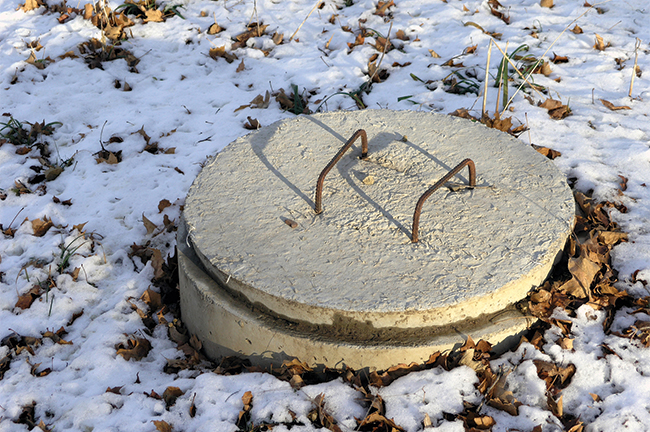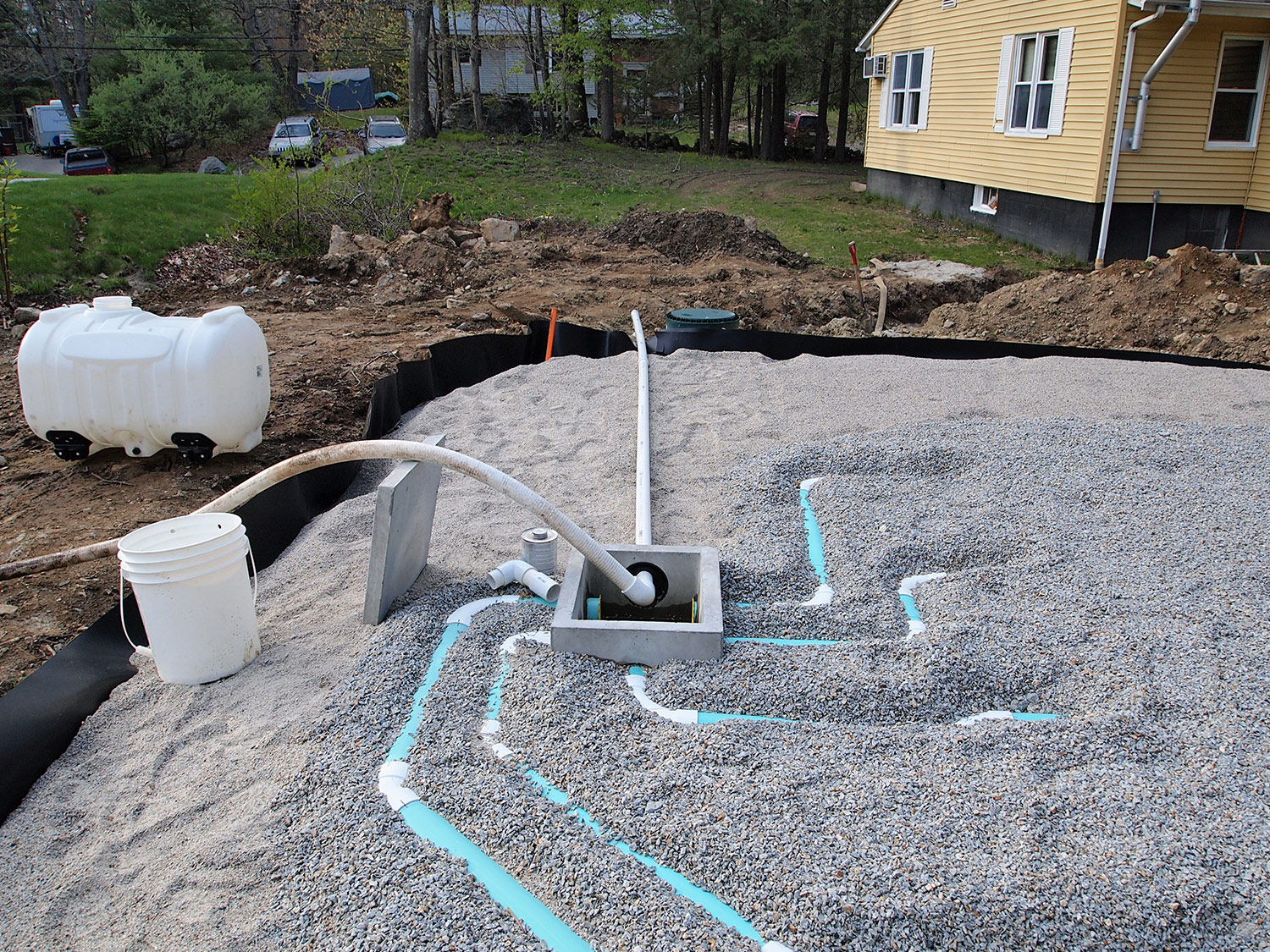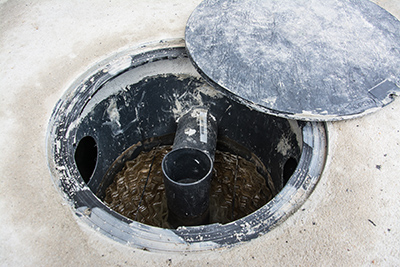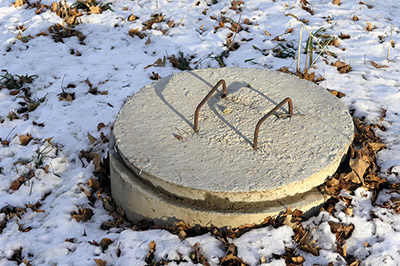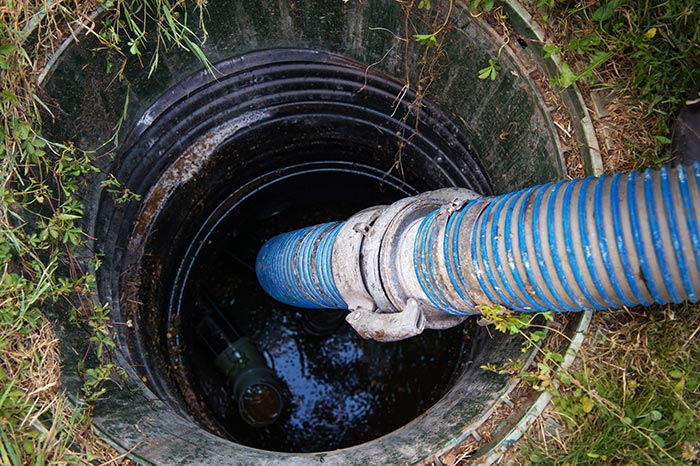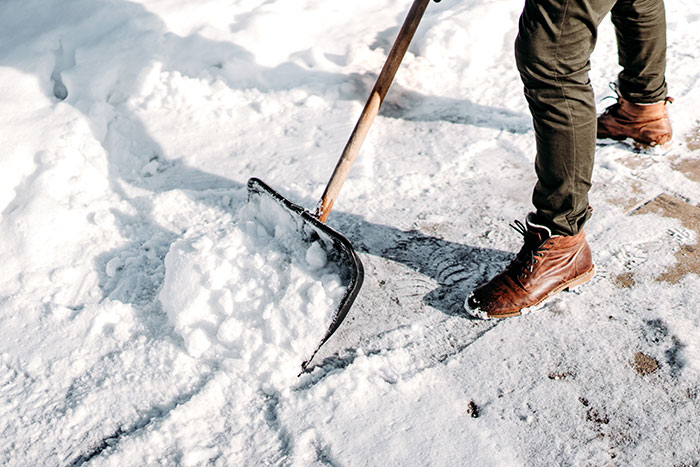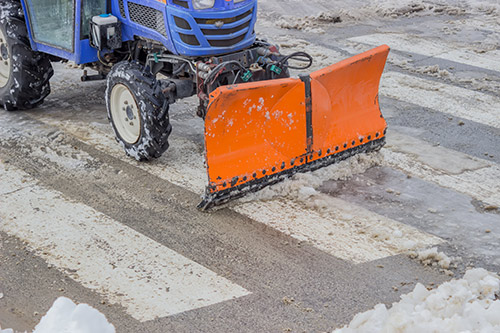
Making Informed Choices for Safe and Stress-Free Winters
Winter can turn any property into a winter wonderland, but it also brings the challenge of keeping driveways, walkways, and parking lots clear of snow and ice. Hiring a professional snow removal company is often the safest and most efficient solution. However, choosing the right provider requires more than just comparing prices. Here are the critical questions every property owner should ask before signing a snow removal contract.
1. What Services Are Included?
Not all snow removal companies offer the same services. Ask for a detailed breakdown: Does the company clear walkways, staircases, entrances, and loading docks, or do they only focus on driveways and parking areas? Do they offer ice management, salting, or sanding as part of their package? Understanding the full scope ensures both safety and accessibility on your property.
2. What Is Your Response Time?
Timeliness is crucial during heavy snowfalls. Ask how quickly the company will respond after a storm begins or ends. Do they have 24/7 emergency services? Will you be placed on a priority list if you have special requirements, such as business hours or frequent visitors? Clarifying this upfront prevents frustration during peak winter events.
3. Are You Properly Licensed and Insured?
Professional snow removal is not without risks. Confirm that the company is licensed to operate in your area and carries liability insurance and worker’s compensation. This protects you from potential liabilities should an accident or property damage occur during service.
4. What Equipment Do You Use?
Different properties require different equipment—ranging from plows and snow blowers to shovels for tight spaces. Ask the company about the type, condition, and availability of their equipment. Well-maintained, modern equipment ensures efficient and thorough service.
5. Can You Provide References?
A reputable snow removal company should have a track record of satisfied clients. Request references or read online reviews to gauge reliability, professionalism, and customer satisfaction. Speaking to other property owners can provide insight into the company’s strengths and potential weaknesses.
6. How Do You Charge for Services?
Snow removal pricing structures vary—some companies charge per visit, while others offer seasonal contracts. Ask for clear, written estimates and details about what’s included. Inquire about additional charges for deep snow, ice storms, or extra services. Transparency helps you plan your budget and avoid surprises.
7. What Is Your Communication Process?
Effective communication is vital, especially during unpredictable weather. Does the company offer real-time updates, direct contacts, or an online portal? Knowing how you’ll be notified about service schedules or changes is reassuring during busy winter months.
8. What Measures Do You Take to Prevent Property Damage?
Snow removal can be tough on landscaping, pavement, and structures. Ask about the company’s protocols for avoiding damage, such as marking curbs and obstacles, using rubber-blade plows, or employing trained crews. Understanding their preventive measures protects your property investment.
9. How Do You Handle Ice and Post-Storm Cleanup?
Snow isn’t the only hazard—ice can cause slips and falls. Ask how the company manages ice accumulation, what products they use, and whether they return for post-storm cleanups or touch-ups as needed. Comprehensive service is key to safety.
10. What Is Your Cancellation Policy?
Winter weather can be unpredictable, and plans may change. Before signing a contract, ask about cancellation terms, refund policies, and how to make adjustments if your needs shift mid-season.
Hiring a snow removal company is an investment in safety and peace of mind. By asking these essential questions, property owners can ensure they select a professional, reliable partner for the winter season. Don’t hesitate to shop around, compare responses, and insist on clarity before making your final decision.
For more information, contact Morse Engineering and Construction.
